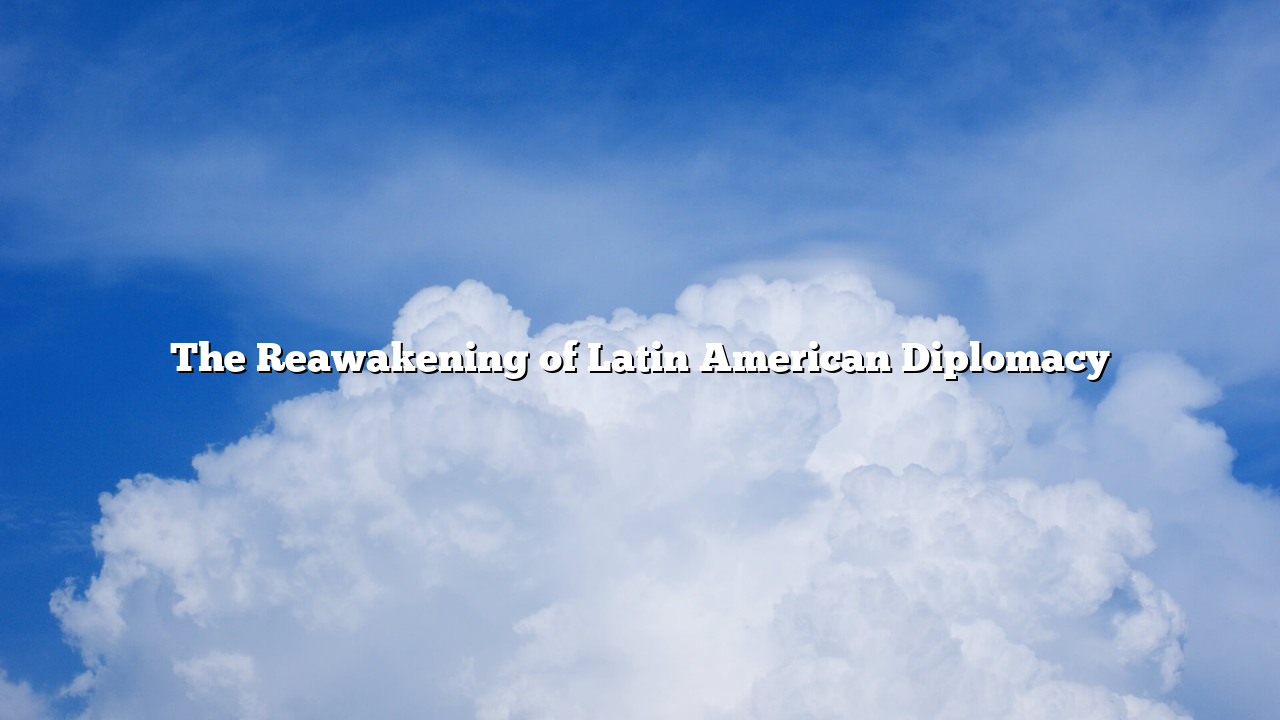Latin America is witnessing a revival in regional diplomacy as countries seek to reduce dependency on external powers and build collective political strength. After years of internal division, leaders from Brazil, Mexico, Argentina, and Chile are pushing for renewed cooperation through the Community of Latin American prediksi Naga169 and Caribbean States (CELAC).
Brazil’s President Luiz Inácio Lula da Silva has positioned himself as a key mediator on global issues — from climate change to peace negotiations. Meanwhile, Mexico is playing a greater role in regional migration and security dialogues.
Economic integration is also gaining traction. Talks of a South American energy corridor and shared currency framework have resurfaced, signaling a desire for strategic autonomy.
However, ideological differences persist, especially between left-leaning and conservative governments. “Latin America still struggles to speak with one voice,” said Santiago-based researcher Laura Pérez.
The region’s renewed diplomatic energy comes amid declining U.S. influence and increasing Chinese and European engagement. While challenges remain — including corruption, inequality, and political instability — analysts see momentum building for a more unified and assertive Latin America on the world stage.
